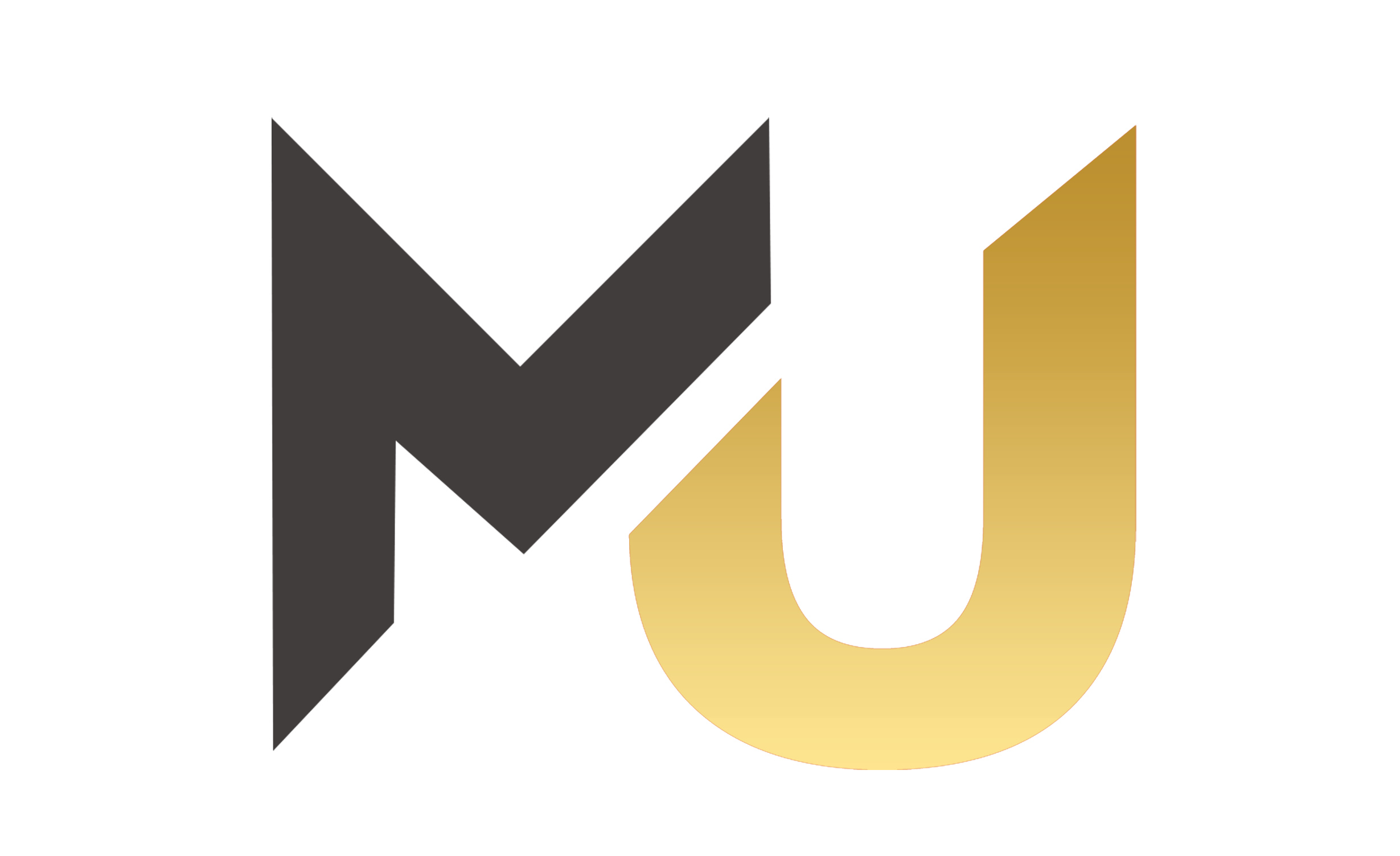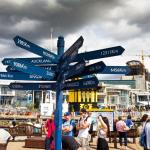This is according to data from the Pietermaritzburg Economic Justice and Dignity (PMBEJD) group, which tracks the cost of a household food basket across the three major provinces.
The PMBEJD report found that while 10 of the 44 tracked food items became cheaper or saw no increases year-on-year, 34 experienced price hikes, and seven items saw double-digit inflation.
Additionally, inflation remained unchanged in May 2025 at 2.8%, which was recorded in April. In its latest inflation report, Stats SA warned that some food items recorded higher annual rates in May.
The increase was driven by higher inflation in key categories like food and non-alcoholic beverages. Food NAB inflation rose to 4.8%.
This was the highest annual rate since March 2024 (recorded at 5.1%), increasing by 0.8% from April.
According to Stats SA, the rise in Food NAB was due to higher meat prices, particularly beef products like stewing beef, mince, and steak.
Meat, especially beef, is a key reason for the rise in food inflation. The annual rate for meat jumped from 3.0% in April to 4.4% in May.
In April, monthly increases for beef products ranged from 6.2% to 11.9%. In May, notable increases were recorded for beef steak, up 4.5%, stewing beef, up 2.5% and beef mince, up 1.7%.
“A widespread outbreak of foot-and-mouth disease, combined with higher feed prices, contributed to the rise in beef inflation,” said Stats SA.
The fish & other seafood category recorded an annual increase of 4.9% in May, up from 4.8% in April. Hake stands at 9.1% and fish fingers at 6.1%, which is more expensive than a year ago.
The annual rate for oils and fats was 5.6%, the highest since April 2023’s 10.0%. Sunflower oil recorded a yearly increase of 7.6% and brick margarine 7.9%.
Maize meal and samp also continue to record high price increases. The annual rate for cereal products stood at 4.5% in May, with double-digit inflation registered for maize meal (14.2%) and samp (20.6%).
Most expensive city for groceries
As of the end of June 2025, the cost of a household food basket, comprising 44 essential items that reflect typical purchasing patterns, reached R5,443.12.
This is a 3.6% annual increase of R190.36 compared to June 2024. Month-on-month, the basket price also increased by R23.46, or 0.4%, compared to May 2025.
This annual increase is higher than the latest consumer price inflation rate of 2.8%, showing food costs remain a significant concern for many South Africans, especially in urban areas where grocery prices continue to increase.
A breakdown of costs by region further highlights that the change in food prices is higher in some areas than others.
In June 2025, the household food basket cost R5,648.85 in Johannesburg, a 2.0% increase of R108.97 from the previous year.
This is R38.38 more than the recorded basket price of R5,559.46 in April. It also surpasses the national average by R205.73, making Johannesburg the most expensive metro for groceries.
The monthly data showing an increase in prices in Johannesburg means the cost of food is rising in 2025, as indicated by Stats SA’s data.
In comparison, Durban remains the cheapest city for groceries, although it still recorded an increase year-on-year.
Durban’s food basket, recorded at R5,312.22, decreased by R115.65 (2.1%) from R5,427.87 in May 2025.
The city’s annual increase was higher, recorded at 3.6% or R184.39 from R5,127.83 in June 2024. However, this is still 6.3% or R336.63 less expensive than Johannesdurg.
Meanwhile, Cape Town’s food basket has seen significant annual increases, far higher than in Johannesburg and Durban.
Cape Town’s food basket decreased by R31.95 (0.6%) from R5,316.56 in May 2025 to R5,397.23 in May 2025.
Year-on-year, the Cape Town household food basket cost increased by a notable R296.48 (5.8%) from R5,100.74 in June 2024.
Despite the significant increases, Cape Town is still R251.62 cheaper than Johannesburg and R45.89 cheaper than the national average.eaper than Johannesburg and R37.41 cheaper than the national average.
 English
English











